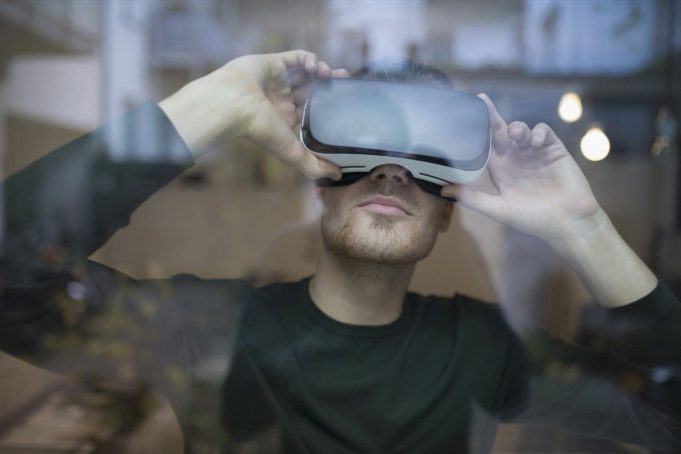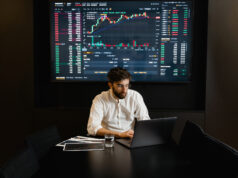For anyone who isn’t quite up to speed with virtual reality (VR), it’s essentially a term used to describe a computer-generated environment and simulation that someone can explore and interact with. Those immersed in the environment are tricked into thinking what they’re seeing is real, despite being in a virtual world. Since the popularity of VR keeps growing across the globe, more industries are using it to their advantage. VR is no longer a novelty; it’s genuinely revolutionizing the way businesses and different industries succeed. Below is a list of 5 industries already using VR.
Healthcare
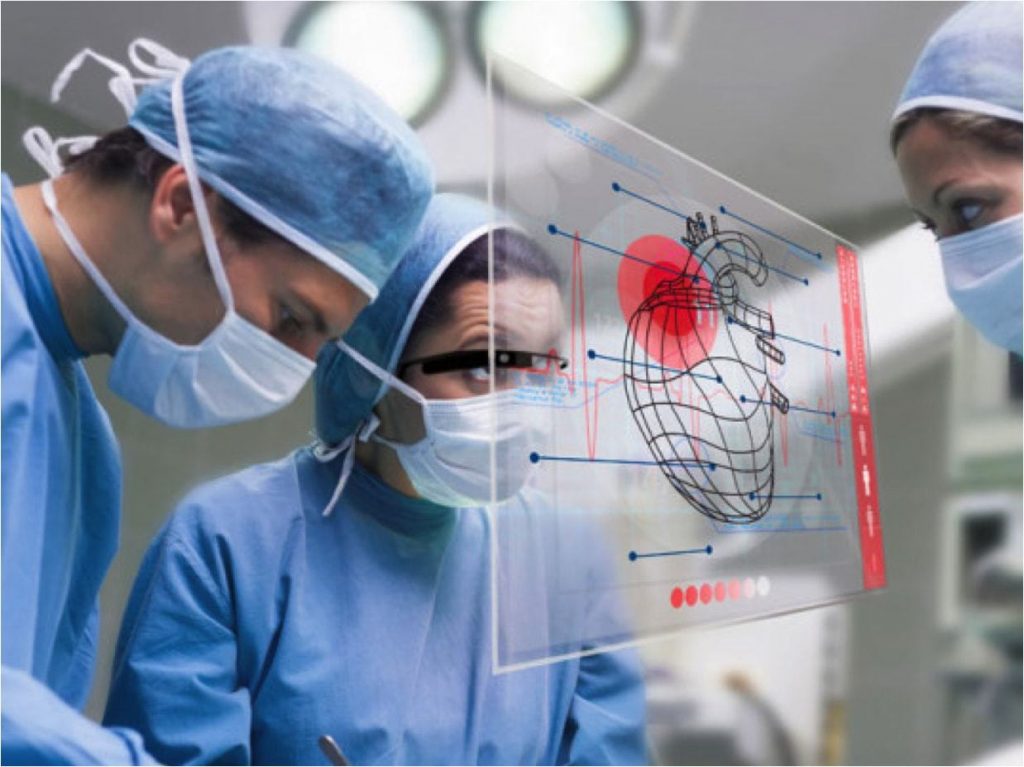
One of the most significant impacts that VR has had is on healthcare. Healthcare professionals can now use virtual headsets to prepare them for working on patients. This form of training can allow professionals to be put in situations that wouldn’t usually be possible without VR. It is often the case that they will use virtual models and headsets so that they can treat virtual patients as though it is real. Also, VR is being used to treat mental health issues. VR exposure therapy is thought to be particularly effective in the treatment of anxiety and PTSD.
Real Estate and Investment
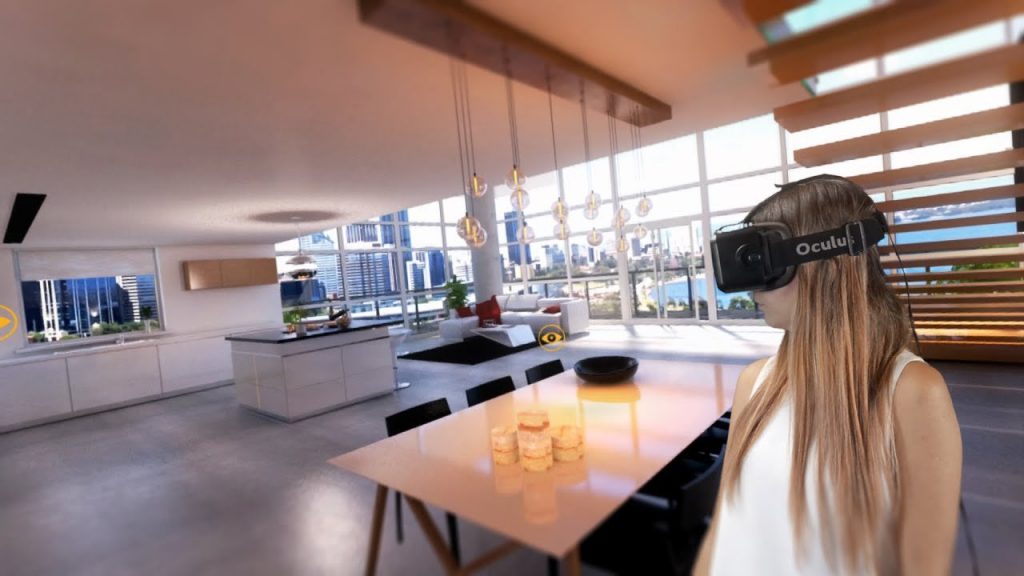
Modern investment and property companies are using VR to their advantage. Often, they will use VR to show potential clients their new developments, and sometimes what they envision off-plan properties to look like. RW Invest is leading the way and has already built various VR simulations to show to clients. They’re implanting VR into their client pitches and showcasing what the future holds for investment. It’s a clear indicator that VR allows these companies to succeed, giving investors peace-of-mind and confidence in their purchase. With VR, there is no need to leave the comfort of your home or the office, as you can see the properties from miles away. It’s also popular with clients looking to invest in international properties abroad as it doesn’t require a trip to check it out in real life.
Automotive
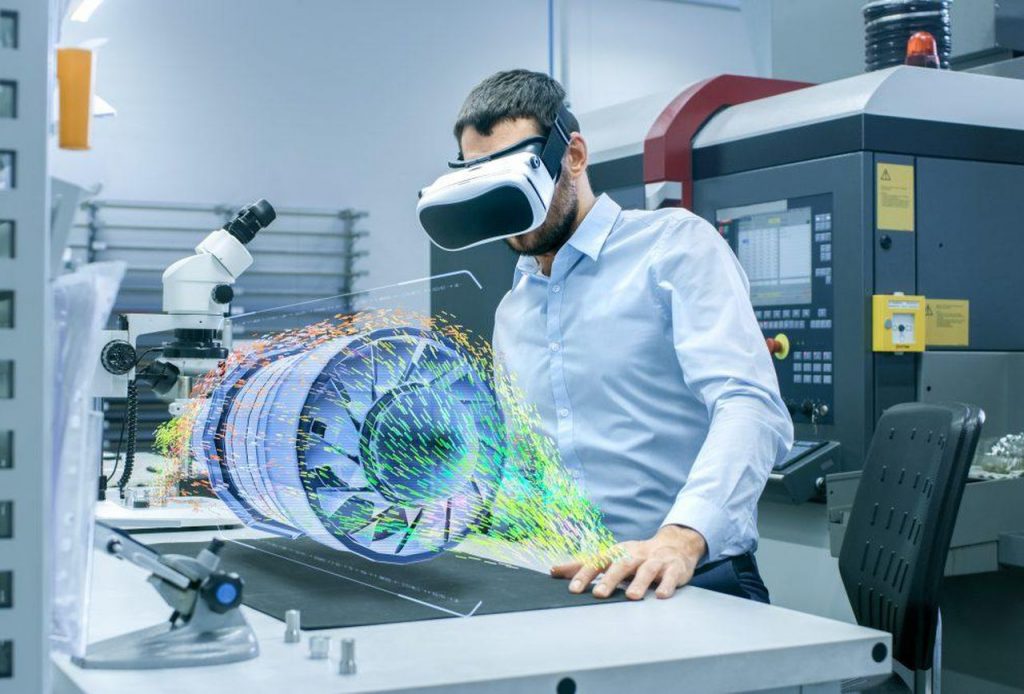
The use of VR allows engineers and designers to experiment easily with the build and look of a vehicle before any commissioning of prototypes. Brands such as Jaguar, Land Rover and BMW already use VR to hold early engineering and design reviews, as it saves huge amounts of money. VR is essentially saving the automotive industry millions of pounds by reducing the number of prototypes built.
Tourism
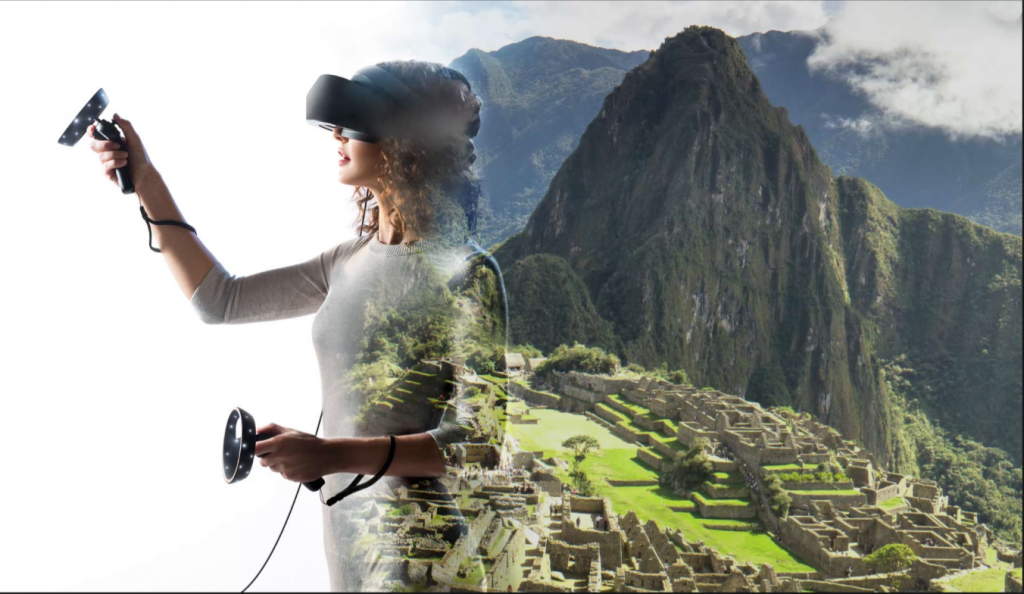
Do you prefer to try before you buy? Imagine being able to see your holiday before you purchase it. That’s precisely what tourism companies are trialing. In 2015, Thomas Cook launched their campaign where holidaymakers could visit stores and experience their holiday in VR before booking. This campaign increased New York excursions by 190% after people tried the 5-minute viewing on the VR.
Education
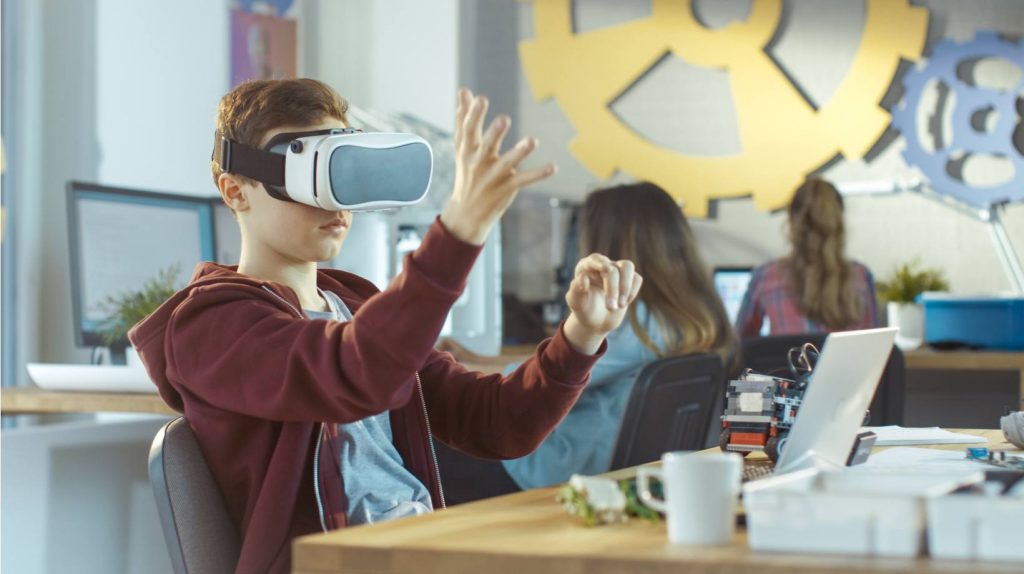
Despite only being used a few times, the education industry is already seeing the benefits of VR. Students can learn in an immersive experiential way. This is particularly useful for science subjects as it can give a realistic feel for different situations without any putting the student in danger. Certain VR apps also allow students to take tours around historical cities such as Ancient Rome and even explore the human brain.

